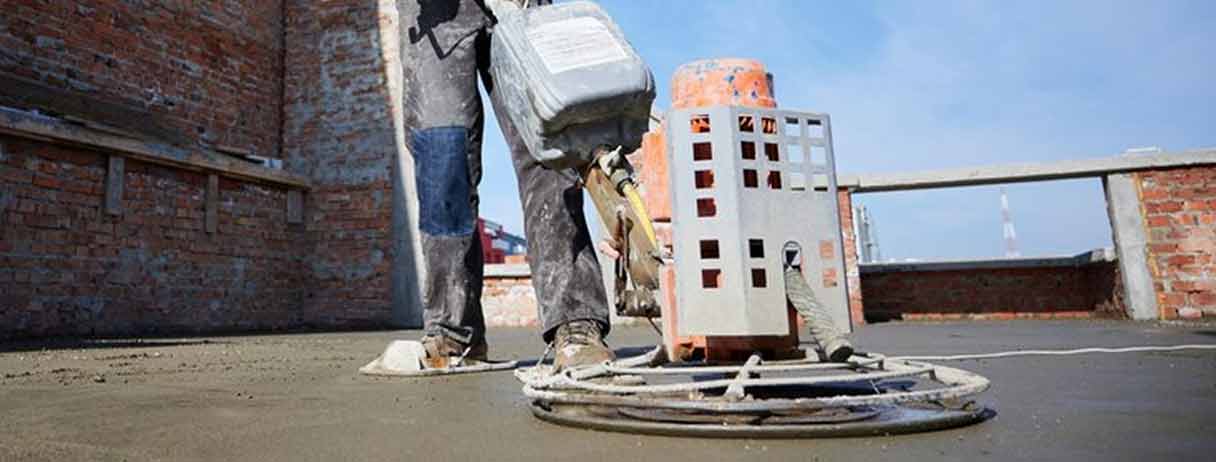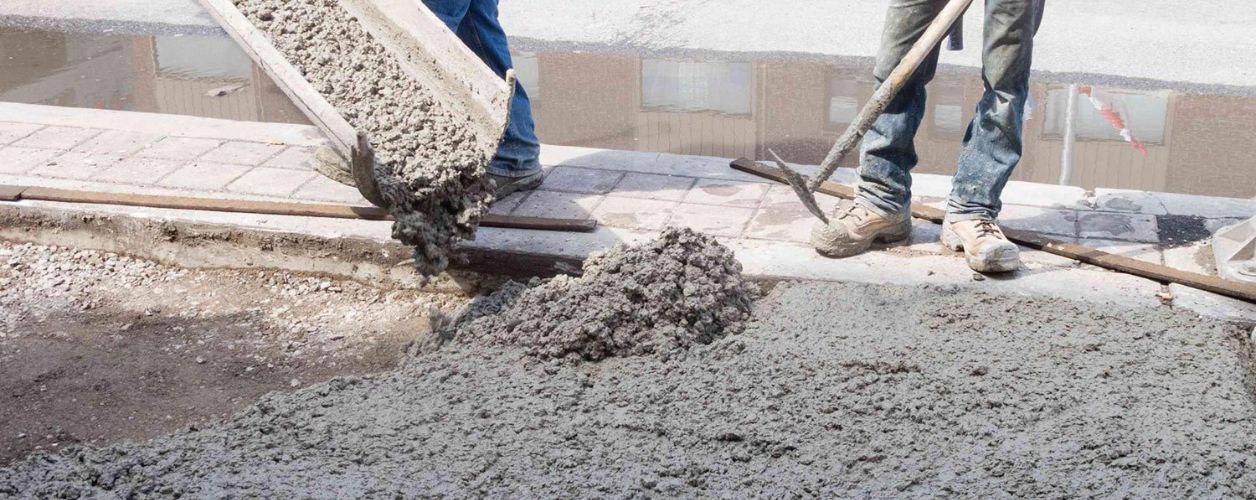Secure your Foundation Affordably: Find How Much Concrete Slab Installation Costs Across Australia
Australia-wide, installing a standard concrete slab generally costs between $75 and $110 per square metre, though rates can range from $50 to $150/m² depending on thickness, access, and finish.
If you are planning a construction project that involves a concrete slab, then it’s natural to wonder about the costs. Concrete slabs serve as the fundamental building blocks for many other types of construction, such as driveways, patios, garages, and residences.
It is advisable to plan, get multiple quotes, and schedule work during times of low demand to successfully control expenses. Investing in a well-built concrete slab guarantees the project's solidity and longevity.
If you don’t know how much it will be and what the factors are that affect the overall concrete slab cost, here’s detailed information on concrete slab costs.
Average Cost of Concrete Slab
A concrete slab in Australia typically costs between $75 and $110 per square metre. The total cost of installing a concrete slab can be affected by factors such as size, the thickness of the slab, site accessibility and other circumstances. You need to consider these factors when you are calculating the cost of concrete slabs for your home.
Concrete Slab Cost Based On Type
Type of Concrete
|
Cost (per m²)
|
Spray-on Concrete
|
$50 to $75
|
Plain Concrete Slab
|
$60 to $85
|
Reinforced Concrete Slab
|
$65 to $90
|
Coloured Concrete Slab
|
$75 to $90
|
Decorative Stencilled or Exposed Aggregate Concrete Slabs
|
$100 to $150
|
Costs Based on Size and Thickness
The cost to install a concrete slab varies based on size and thickness:
Standard 10x10 slab: $7,500 to $11,000
Single garage (3.6m x 6m): $1,620 to $2,376
Small shed (6m x 7m): $3,150 to $4,620
Larger shed (12m x 13m): $11,700 to $17,160
Cost Of Concrete Slab For Shed
The cost of a concrete slab for a shed can vary based on several factors, including slab thickness, size, and local material and labour rates. On average, homeowners can expect to pay between $80 to $150 per square meter for a basic slab, which includes materials and installation.
The final cost may increase with additional features such as reinforcement or custom finishes. It's essential to get multiple quotes from local contractors to ensure competitive pricing and to account for any additional costs such as excavation or site preparation.
Thicker slabs cost more to make for homes since they need more work and materials. Sheds usually have thinner slabs, which brings down the entire cost.
Square Metres vs. Cubic Metres Costs
Concreters often calculate the cost of a concrete slab in terms of square metres (m2) or cubic metres (m3). To determine the cost of your project, measure the area in square or cubic metres and get quotes based on the cost per square or cubic metre from concreters.
Remember that pricing quotes that start "from $40/m2" are frequently indicative of an initial cost; your actual expenses may be greater. To minimise surprises, always make the cost information clear.
Concreters calculate square metre costs based on factors such as slab thickness, job size, location, and accessibility. More resources and work are needed to create thicker slabs, like those used for homes.
In addition to market circumstances and distance from the concreting company influencing quotes, larger projects and difficult access often result in higher expenses.
Factors Affecting Concrete Slab Costs
Slab Size: Higher costs come with larger slabs since they need more work and materials. Concrete contractors charge per square metre in Australia.
Thickness of the Slab: Thicker slabs are more expensive as they require more concrete. The intended usage determines thickness.
Accessibility: With simplified construction logistics and effective material supply, level, easily accessible land lowers the cost of concrete slabs.
Project Intricacy: Due to additional labour and material costs, intricate designs or specific requirements increase costs. More time and resources are often required for complex projects, which affects the final cost.
Seasonal Demand: The cost of concrete work can vary according to the demand season. During peak times, when there is a greater demand for concreters for big projects, expect higher costs.
Finishing Options: The type of finish also affects the overall cost of the concrete slab because of the time and materials needed for installation.
Choosing the Right Concrete Slab Type
Plain Concrete Slabs: Plain concrete slabs are basic and an affordable option for standard applications without aesthetic requirements.
Reinforced Concrete Slabs: Reinforced concrete slabs are ideal for heavy-duty areas like driveways, featuring additional reinforcement (e.g., steel mesh) for increased strength.
Decorative Concrete Finishes: Decorative concrete finishes enhance the appearance of stamped, exposed aggregate, or coloured concrete, but at a higher cost due to specialised materials and labour.
How To Hire Concreters?
Research: Search for local contractors using reliable resources, and ask around for referrals from people you can trust.
Check Credentials: Verify the contractor's credentials by checking if they are insured, licensed, and have a solid reputation with glowing testimonials.
Verify References: Get in touch with previous customers to find out about their experiences and view their completed projects.
Review Contracts Carefully: Read contracts carefully to make sure they include all the information you need to know about the work's parameters, time frames, terms of payment, and warranties or guarantees.
Money Saving Tips for Concrete Slab Projects
- You should choose the appropriate slab size to cut down on labour and material costs.
- You can prepare the site yourself to save on labour costs.
- Make sure you consider reputation, experience, and quality while evaluating quotations.
- Look at affordable choices for reinforcement and finishing.
Conclusion
Understanding concrete installation cost is essential for planning your construction project effectively. Whether you're estimating the cement slab cost for a home foundation, driveway, or shed, knowing the factors that influence pricing helps you budget accurately.
If you're considering a concrete slab cost for a shed, factors like size, thickness, and material costs will impact the final expense.
For smaller structures, such as a concrete slab for a garden shed, getting multiple quotes and using a concrete cost calculator Australia can help ensure you get the best deal.
Since concrete prices vary based on demand, season, and location, working with experienced concreters will ensure a smooth and durable installation. Hiring professionals is the best way to guarantee quality and longevity for your project.

![How Much Does a Concrete Slab Cost? [2025]](https://servicetasker.com.au/storage/2025/05/1747652637.jpg)


![How Much Does Concreting Cost? [2025]](https://servicetasker.com.au/storage/2024/09/1726546093.jpg)



